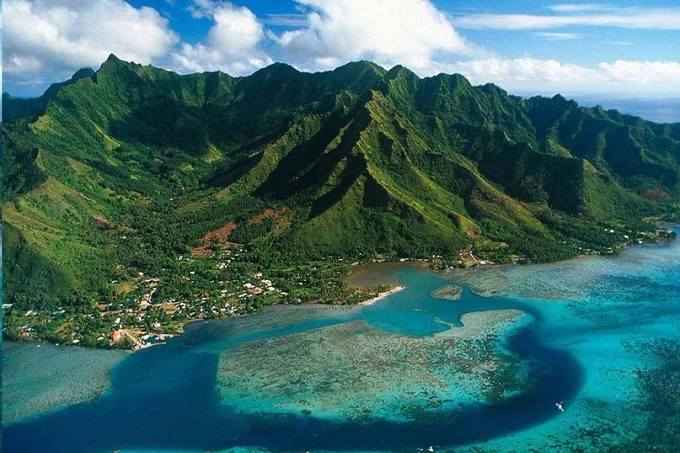Anti-corruption bill in Madagascar: MPs do not honor the agenda

In Madagascar, the 3rd extraordinary session is nearing completion.
On Wednesday, March 28th, it was the last day of the works in committee before the 5 days of break caused by the celebrations of March-47 followed by Easter weekend.
For the fourth time, the study of draft laws on the recovery of illicit assets and the fight against money laundering and the financing of terrorism was on the agenda. Two eminently important texts in a country that says itself engaged in the fight against corruption and organized crime. But for the 4th time yesterday, the deputies did not honor the agenda.
The National Assembly was empty. What stir up a little more enmity of the population towards his so-called representatives. And be puzzled by the only person who made the trip.
“I see a denial. Denial on the part of the members of this Legal Committee. When it’s the fourth time, it’s like we do not want to participate in this work.” Boto Lamina, the director general of SAMIFIN, the Financial Intelligence Service at the initiative of the reform of anti-money laundering laws, was to enlighten the deputies on certain points of the bills. He waited more than two hours, to no avail.
“It’s an economic anti-delinquency project. Now, are some of the decision-makers who feel concerned by this kind of initiative? In any case, they are not showing any good progress in this fight against money laundering, organized crime and corruption.”
Law on recovery of illicit assets, law against money laundering and the financing of terrorism, for Boto Lamina, the adoption of these two texts is a necessary step to comply with international standards and improve efficiency.
“I take the example of a misappropriation of public funds. It’s not just about detaining people involved in this type of crime. The state must have the means to recover that money and to fine it as well. That’s in the bills. But today, with the current laws, it is not feasible.”
Last year, the financial intelligence unit alone put the amount of tax fraud and misappropriation of public money at 223 billion Ariary (57 million euros). A much higher amount if you add the amounts recorded by BIANCO, the Independent Anti-Corruption Bureau, and the Tax Inspectorate). For his director, if half of these amounts were recovered by the state, it would no longer need to borrow money from international donors.




